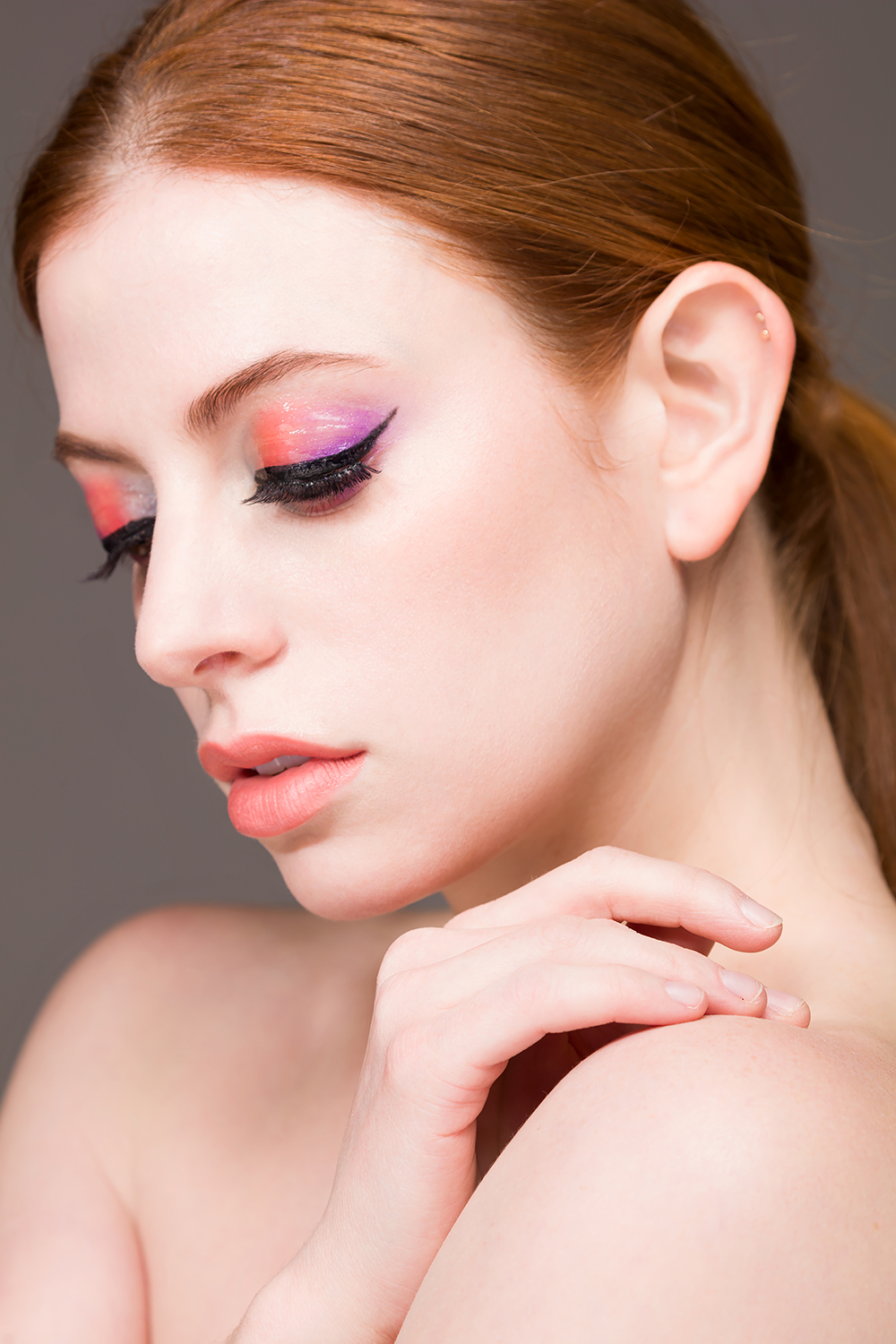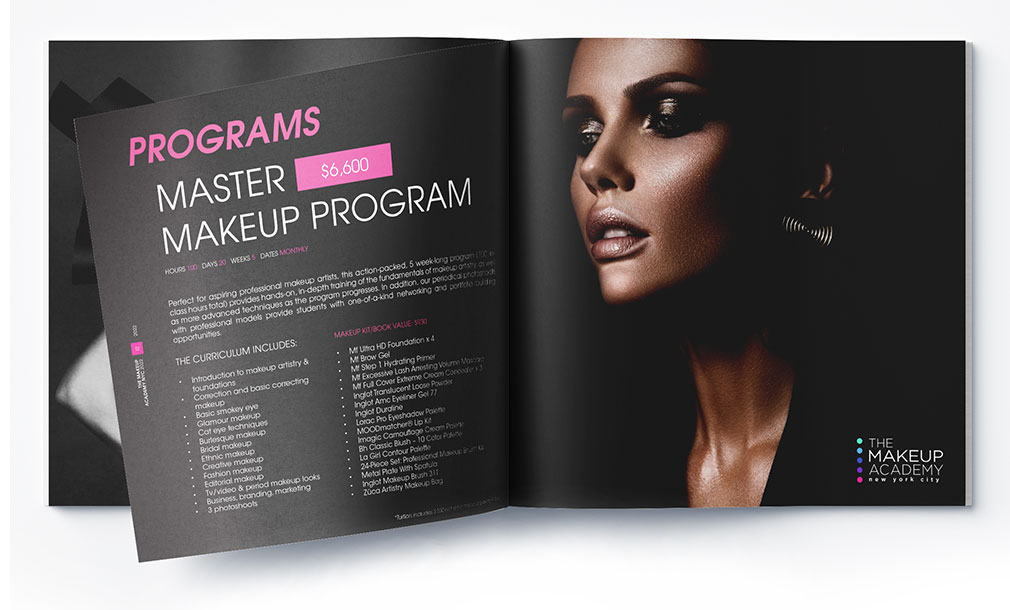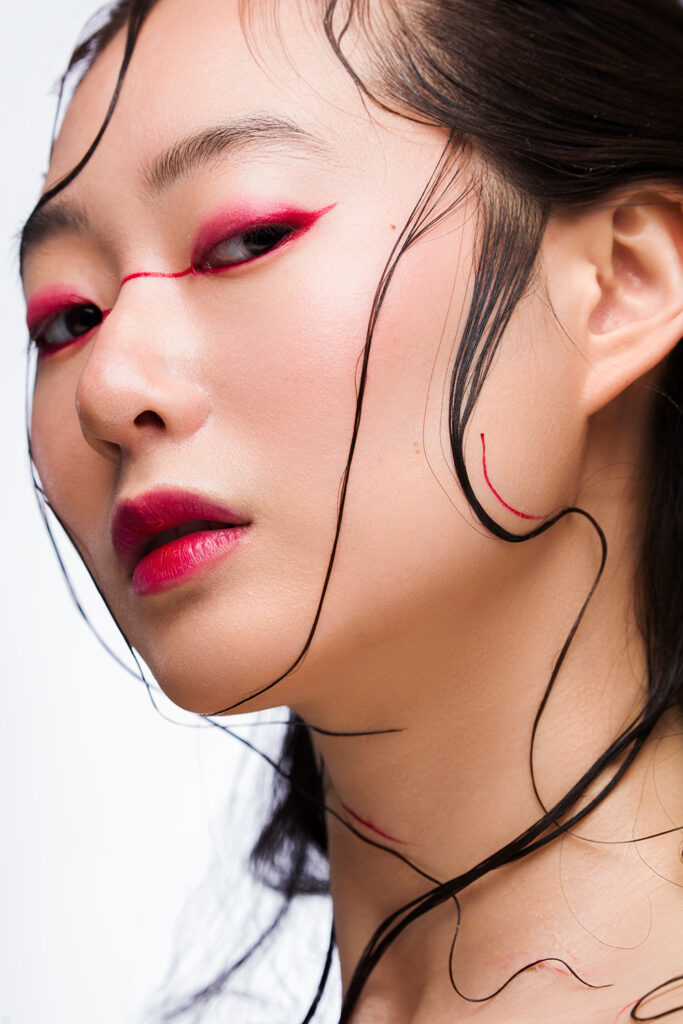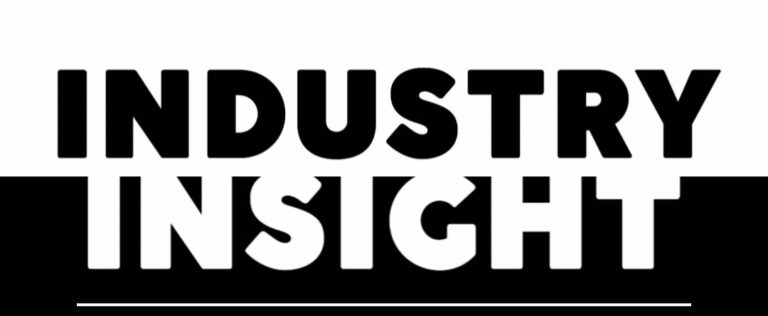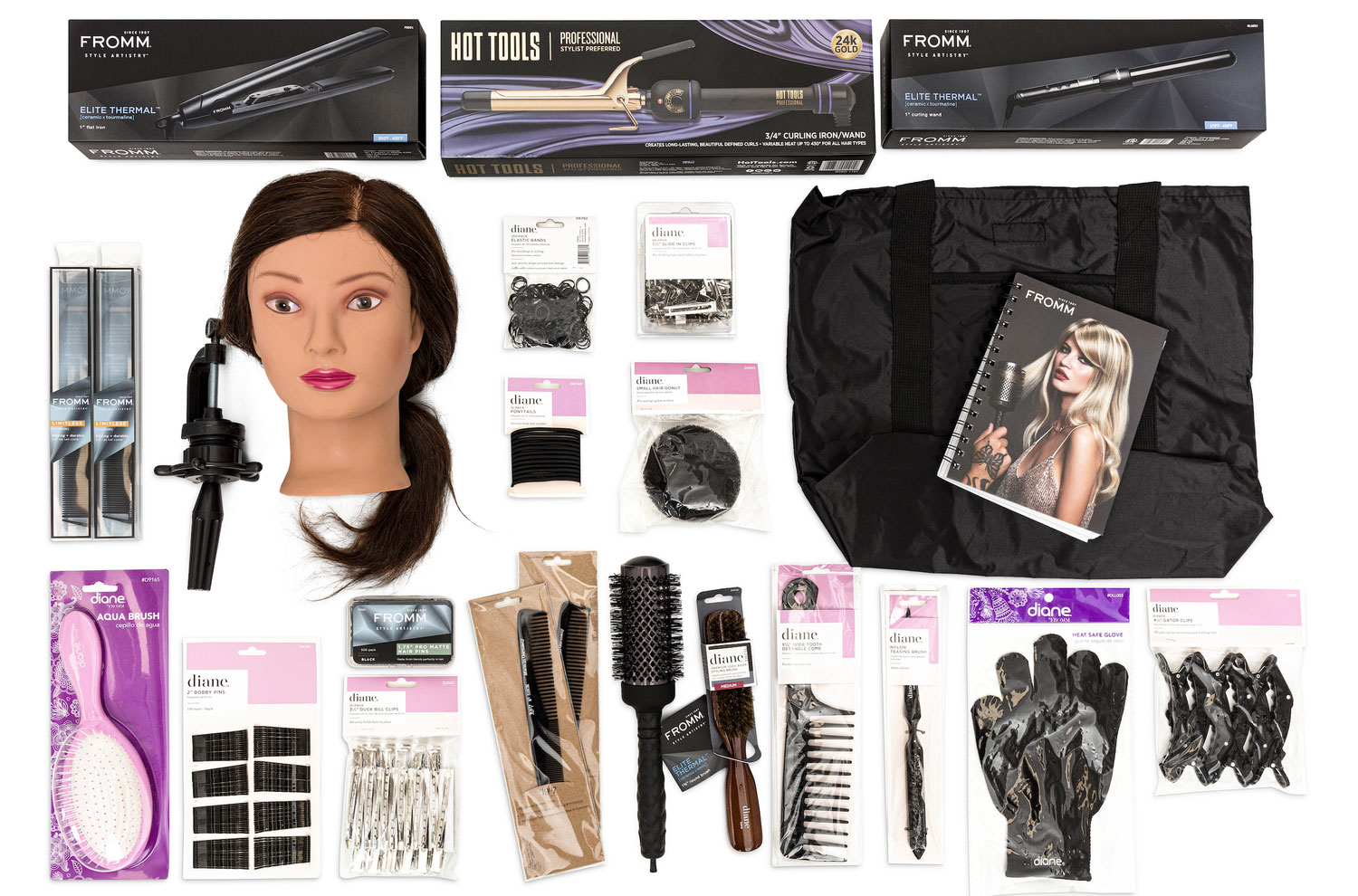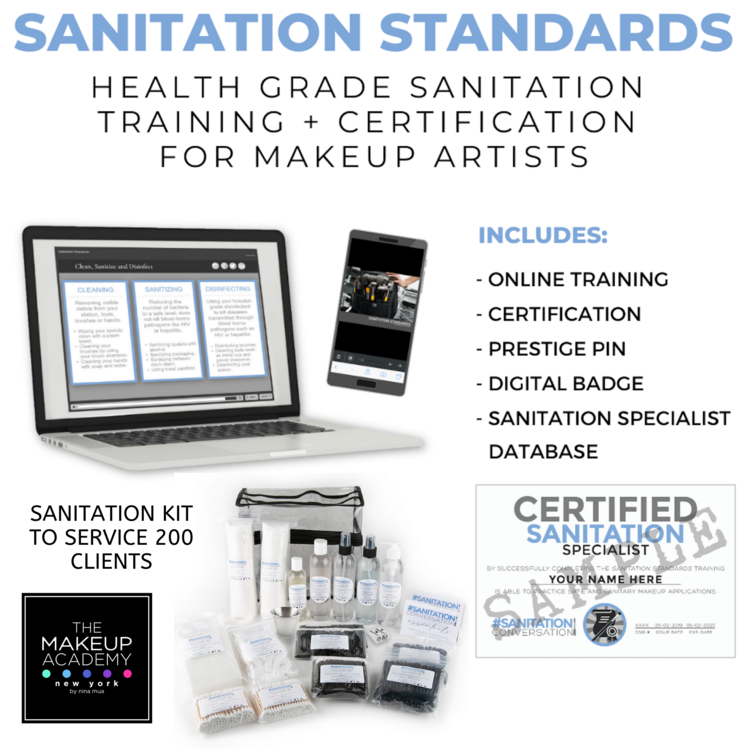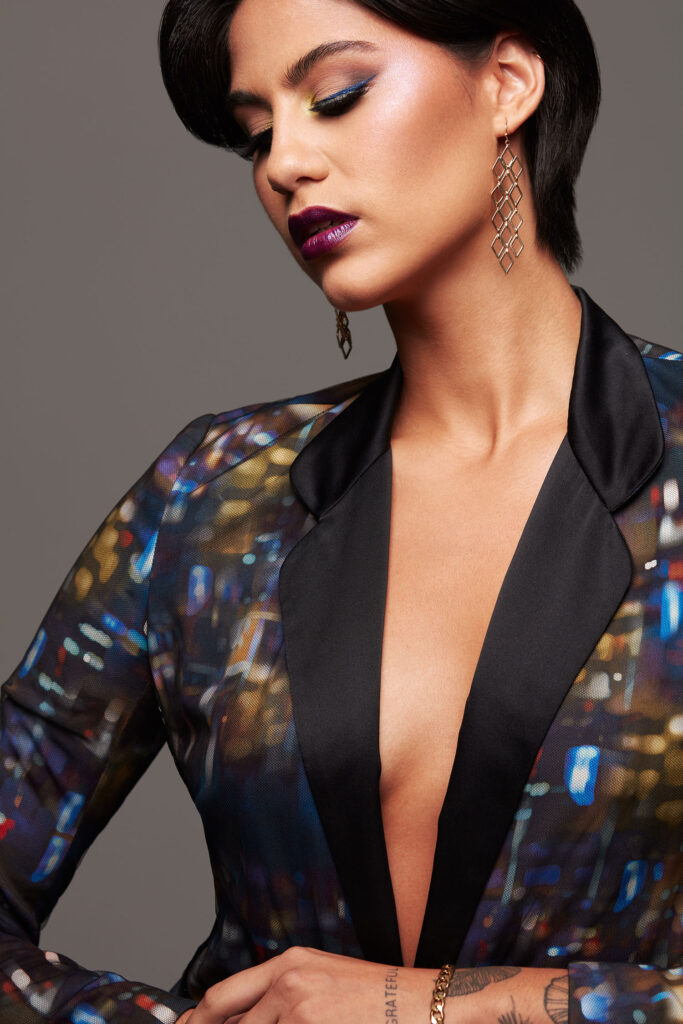Introduction – The Allure of NYFW
New York Fashion Week (NYFW) is the stage where artistry meets adrenaline. For many MUAs, stepping backstage at NYFW is the dream a chance to bring a designer’s vision to life and see their work hit international runways and editorial spreads. But behind the glamour is a high-pressure environment where only the prepared thrive.
The energy is electric. Dozens of models cycle through makeup chairs in a matter of hours. Designers call them last-minute changes. Photographers capture every detail under unforgiving lights. For a makeup artist at New York Fashion Week, the challenge isn’t just creating beautiful looks; it’s delivering speed, precision, and collaboration while staying cool under pressure.
This guide pulls back the curtain on backstage life. We’ll cover what skills matter most, how to prepare your kit, the etiquette that sets you apart, and the career pathways that can take you from student to trusted NYFW artist. And if you’re ready to make that leap, structured programs like The Makeup Academy NYC are designed to give you the real-world preparation and industry connections you need.
Understanding the Backstage Environment
The first thing MUAs notice backstage at NYFW is the organized chaos. There are hair teams, nail techs, designers, stylists, producers, and media crews all working within one tight space. Add dozens of models, each with a different look, and you’ve got a high-energy, fast-moving production.
For a makeup artist in New York, this is a different world compared to freelance gigs or bridal appointments. You’re part of a larger creative machine. The lead makeup artist sets the vision, and the entire team collaborates to execute it consistently and on time across every model.
To succeed, you need to shift your mindset:
- Flexibility: Be ready for changes. A designer may adjust the look minutes before the show.
- Focus: Distractions are constant, but your priority is flawless, consistent application.
- Professionalism: Backstage is not the place for ego. It’s about teamwork and trust.
This environment teaches MUAs to think fast, problem-solve, and collaborate, qualities that also elevate your work in bridal, editorial, and SFX projects. Training in structured, high-pressure environments (like the SFX Makeup Program) builds the same adaptability you’ll need at Fashion Week.
Essential Skills Every NYFW MUA Needs
To thrive as a makeup artist at New York Fashion Week, technical skills alone aren’t enough. Backstage success depends on a blend of artistry, speed, and soft skills.
- Speed without Compromise: You may have 15 minutes per model. Learning how to deliver flawless skin and precise details under time pressure is key.
- Adaptability: Designers and lead artists often tweak looks last minute. You must pivot quickly without stress.
- Collaboration: NYFW isn’t about your personal style. It’s about interpreting and delivering someone else’s vision in perfect sync with a team.
- Professional Etiquette: Quiet confidence is valued over trying to stand out. Respecting the hierarchy and working seamlessly ensures you’re invited back.
These skills don’t appear overnight; they’re developed through hands-on training, mentorship, and real-world exposure. Programs like the SFX Program New and advanced workshops at The Makeup Academy NYC are built to simulate professional environments so MUAs step into Fashion Week prepared, not overwhelmed.
Backstage Kit Secrets
Your kit backstage should be powerful yet portable. Space is limited, time is tight, and organization is everything.
Essentials include:
- High-performance products that withstand heat, bright lights, and long hours.
- Multi-tasking tools: palettes that work across skin tones, versatile brushes, and disposable applicators.
- Skin prep supplies: primers, moisturizers, sanitizers, hygiene, and comfort matter.
- Opt for airbrush or long-wear formulas when durability is non-negotiable.
The smartest MUAs streamline their kits. Having everything neatly labeled and accessible builds efficiency and confidence, two traits that lead artists to notice right away.
Mastering Runway-Ready Looks
Runway makeup isn’t just artistry; it’s about performance. Bold looks must read clearly under stage lights and in photos, yet still honor the designer’s brand.
Key focuses include:
- Skin Diversity: Be prepared for all tones and textures. Inclusivity is standard backstage.
- Editorial Techniques: Clean lines, graphic shapes, or metallic finishes must look intentional and polished.
- Durability: Looks must withstand rapid changes, heat, and multiple performances.
This is where editorial makeup training pays off. Many MUAs sharpen these skills in courses like the SFX Makeup Program, where students experiment with both fashion-forward and character-driven artistry.
Backstage Etiquette: Standing Out for the Right Reasons
Talent opens doors, but etiquette keeps them open. Backstage, how you behave can matter as much as how you paint.
- Respect models’ comfort: Communicate clearly, work quickly, and check in on sensitive skin.
- Support the lead artist: Follow direction, stay focused, and don’t overshadow the team dynamic.
- Be reliable: Arrive early, manage time well, and finish strong without needing supervision.
MUAs who embody humility, discipline, and professionalism earn repeat invitations the real secret to building a name at NYFW.
Building Your Path to NYFW
Landing backstage at Fashion Week doesn’t happen overnight. The journey usually starts with:
- Local fashion shows: Gain confidence in fast-paced environments.
- Assisting established artists: Learn firsthand from mentors already in the industry.
- Networking: Photographers, stylists, and agencies often connect MUAs to opportunities.
Structured programs like those at The Makeup Academy NYC provide both technical mastery and industry exposure, giving aspiring MUAs the credibility and connections to step into the Fashion Week world with confidence.
Career Growth Beyond the Runway
NYFW isn’t the finish line, it’s a career launchpad. Backstage experience strengthens your brand and expands your portfolio.
Benefits include:
- Portfolio Building: Backstage photos show clients you can handle high-pressure projects.
- New Niches: Editorial, commercial, and bridal clients often value Fashion Week-trained MUAs.
- Industry Relationships: Designers and stylists you meet backstage may become long-term collaborators.
Graduates from The Makeup Academy NYC often leverage this momentum, moving into diverse opportunities across editorial, bridal, and even film/SFX artistry.
Conclusion – Owning Your Place Backstage
Becoming a makeup artist at New York Fashion Week is about more than skill; it’s about attitude, adaptability, and professionalism. When you balance creativity with teamwork, humility with confidence, you create an impression that lasts long after the runway lights fade.
If you’re ready to step into this world, the best first step is formal training. Programs at The Makeup Academy NYC are designed to prepare you for moments that matter, from mastering high-pressure backstage skills to networking with industry professionals.
Your artistry can take you places. With the right training, portfolio, and discipline, your seat backstage at NYFW might be closer than you think.
👉 Ready to start your journey? Contact The Makeup Academy NYC and discover how you can build a career that goes from classroom to catwalk.



